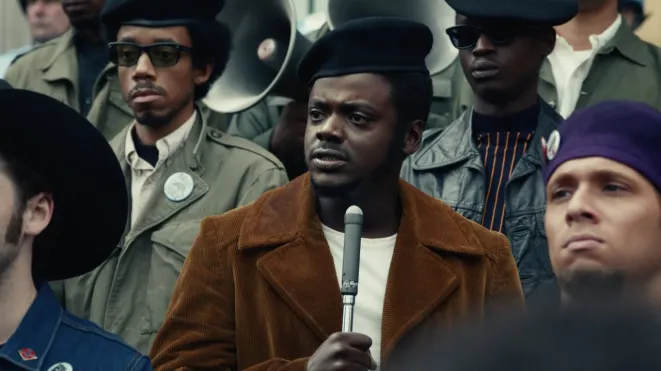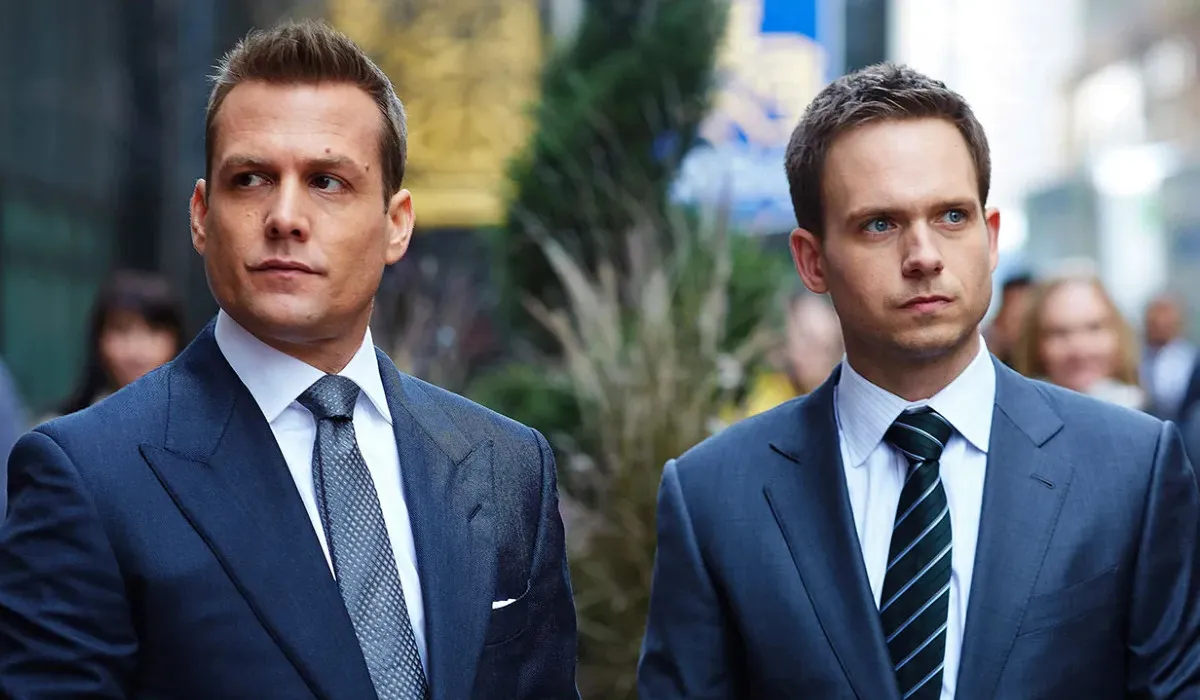Now that we’re a few days out from the ending of Ms. Marvel (season one, anyway), I’ve seen these recurring comments across Twitter and TikTok from SWANA (South West Asian/ North African) accounts. They’re all thanking the Black community and everyone else who showed up for Black Panther for proving to everyone that stories of marginalized communities are important—and, importantly for getting studios to invest in them, bankable—when done with respect. WatchWithNeebz of Salaam Nerds went as far as to say that creators like Julian Green (a.k.a. Ju_Ju) inspired him to share his love of in spite of resistance to diverse representation online and within the larger Marvel fandom.
It’s not just Black Panther turning to Ms. Marvel, but it acted as a snowball first, with Black Panther’s introduction in Captain America: Civil War and (really) his formal story in Black Panther, then Shang-Chi and The Legend of the Ten Rings. Now, Like WatchWithNeebz, others in their shoutouts and comments say something along the lines of “we’re gonna show up for the Latinx and Indigenous community, too.” On RottenTomatoes, Ms. Marvel and Black Panther remain the most critically acclaimed MCU projects with Tomatometer (critics) scores of 98% and 96%. The audience scores include 98% for Shang-Chi, 83% for Ms. Marvel, and 79% for Black Panther (which came out before the site really took bad-faith review bombs seriously).
Right now, that continued representation to show up for looks like (possibly) Namor for Black Panther: Wakanda Forever and Echo. We’re excited for this, but Marvel can do so much more in the number of characters, the various ethnicities/races, and the quality of the stories. Also, we can acknowledge that these depictions leave some cultural elements to be desired and aren’t perfect (see the Djinn convo sparked during Ms. Marvel within the SWANA community).
What makes this different, but also not

This is a welcome tone shift to the kind of comments made by Simu Liu and others calling Shang-Chi the “Asian Black Panther” or other things like that, because where that sentiment almost puts marginalized communities at a one-dimensional character-select screen, the latest wave of joy comes with the sentiment of actual solidarity. It’s a very distinct difference, and I’m not just saying that because I dislike Liu. He wasn’t the only person saying that; he was just the most visible as the star of Shang-Chi.
While there are unique differences and animosity between groups stoked by government policy and global anti-Blackness, this solidarity mirrors the shared struggles we have had in the past and continue to have now, from gentrification to increased surveillance. For example, the Civil Rights movement’s successes directly increased rights for other marginalized groups. In tandem with the anti-War and (later) Black Power movement, even movements that didn’t see as many tangible wins directly influenced and worked in collaboration with other groups. I say this not to trivialize things like civil rights as the same as seeing yourself in media, but representation absolutely matters and is an aspect in changing material conditions.
Ms. Marvel had a lot going against it, even aside from haters’ issues with her gender, race, ethnicity, religion, and everything else. The show premiered alongside a popular Star Wars show, it was targeted for a younger audience, this was a character’s solo introduction, and the star, Iman Vellani, is a relatively unknown actress. While that stat from Samba TV stated three-quarters of a million people watched the premiere within five days (in last place for a Disney+ Marvel show by a lot), I saw it as a win due to the added information that 20-year-olds loved it, and “it drew a more diverse audience with Black, Hispanic, and Asian households watching at a higher rate.”
(featured image: Marvel Entertainment)
—The Mary Sue has a strict comment policy that forbids, but is not limited to, personal insults toward anyone, hate speech, and trolling.—










Published: Jul 20, 2022 05:05 pm